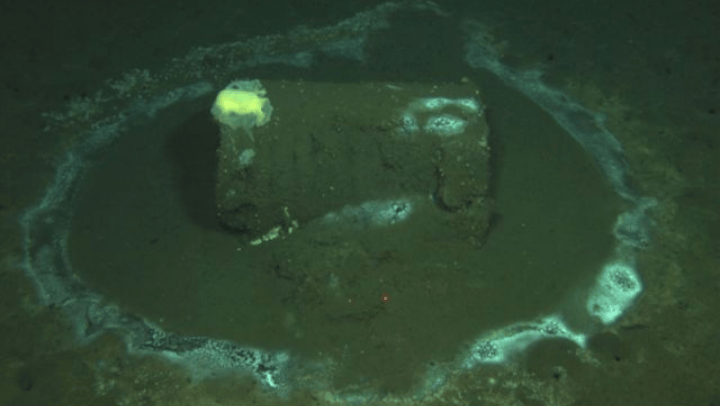SDSU Imperial Valley professor’s environmental justice research takes her to Antarctica
The public health professor was one of the 71 researchers from around the world selected to study leadership in climate change and environmental justice.

Linda Lara-Jacobo, SDSU Imperial Valley associate professor of public health, joined other female scientists from around the globe on a trip to Antarctica to collaborate on climate-related research.
Lara was among 71 female researchers from around the world selected to go to the southernmost continent in November 2023 as part of the Homeward Bound Project, a global leadership initiative aimed at creating a community of women in STEM (science, technology, engineering and math) and advocating for more diversity in STEM-related fields.
“I always felt like I wanted to contribute good, valuable work to science and do good in my community,” said Lara-Jacobo. “I especially focus on environmental and public health, where I get to work with communities that have been impacted by diseases or environmental changes caused by human activity. Having the opportunity to immerse myself in environmental justice and climate change issues and learn more with other women in STEM in Antarctica was extremely meaningful and moving.”
Applying and getting to Antarctica was a yearlong process involving various interviews and diversity, equity and inclusion (DEI) training, said Lara. The competitive program gathered scientists and researchers from different backgrounds and fields, all with the goal of bringing their expertise together to collaborate and brainstorm on climate change and environmental issues.
The voyage to Antarctica began with a long flight to Buenos Aires, Argentina. A rigorous boat trip through aggressive ocean waves to the ice-laden landscape, she said, was simply captivating.
“We did not imagine the amount of physical and psychological readiness we had to prepare beforehand,” said Lara. “Once you see the immensity of the glaciers and the scenery, you remember how small you can be before mother nature. You see firsthand the damage that human beings have done to the environment.”
Once there, she joined other Latin American researchers and formed a group called Cuarteto Antártico, or Antarctic Quartet, to network and collaborate on research projects.
Though the group’s time in Antarctica has ended, their research continues; they’re working on publications around feminist activism, environmental justice and women’s rights in science diplomacy in Antarctica.
Lara-Jacobo is also collaborating with United Kingdom-based scientists to expand public health research around toxic waste and how to track diseases.
“We were all together in a boat for a month, but we were all there for one goal: to make a global impact around climate change and take that same power and knowledge to our own communities,” said Lara. “We had to identify our own leadership styles and acknowledge our very own privilege. There’s so much work that needs to be done.”
Fighting for climate change and environmental justice is not a linear process, Lara said. Despite the challenges, Lara-Jacobo believes bolstering a more inclusive environment within STEM in Imperial Valley will help further inspire female scientists and researchers from around the region to help their communities.
“It’s common in our culture to dismiss our efforts, which may lead one to feel discouraged or like you’re not contributing enough to the field,” said Lara. “It’s been so empowering to work and live through this experience with many other women in STEM who are passionate about creating an impact in climate change.”



